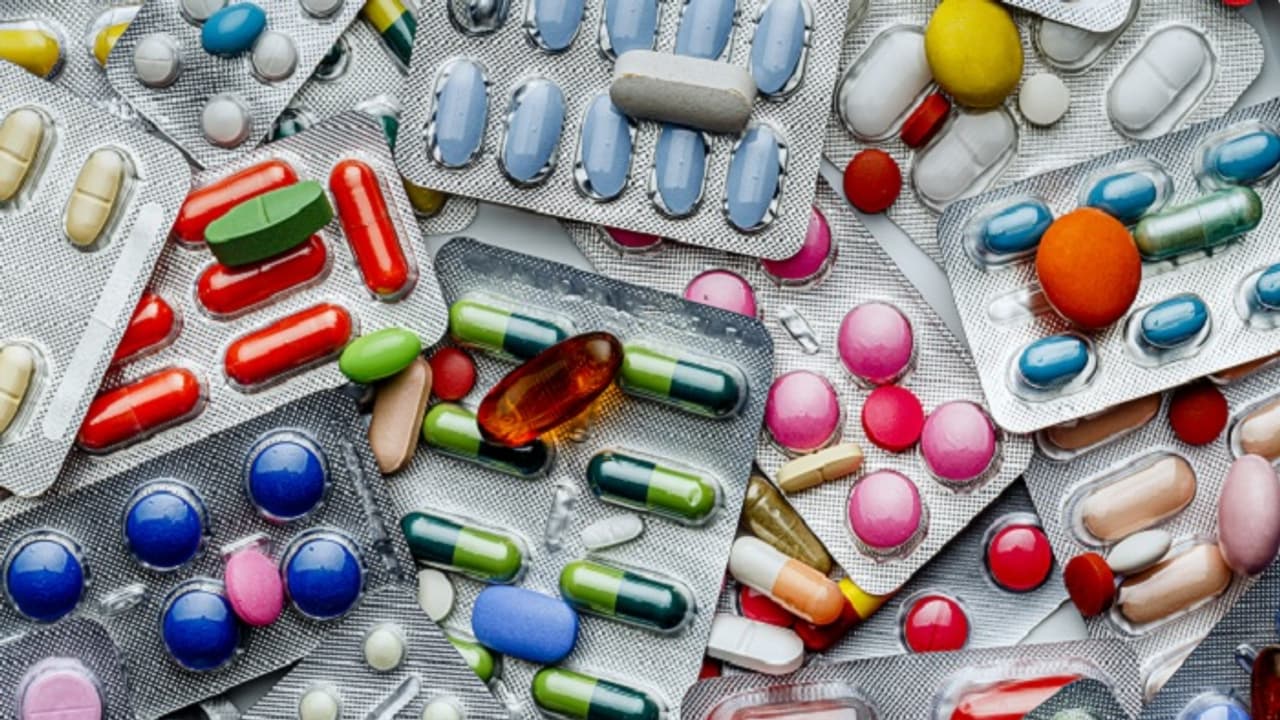India’s Central Drugs Standard Control Organisation (CDSCO) ensures medicine safety through regular testing. Drugs failing quality checks are labeled “Not of Standard Quality” (NSQ), often due to potency or composition issues in a specific batch.
Every month, India’s Central Drugs Standard Control Organisation (CDSCO) quietly plays a vital role in protecting public health by testing medicines to ensure that what we buy and consume is safe and effective. In its latest report for September 2025, the CDSCO revealed that several medicines failed to meet government quality standards.
According to the data released by the Ministry of Health & Family Welfare, 52 drug samples tested by Central Drugs Laboratories were found to be Not of Standard Quality (NSQ), while State Drugs Testing Laboratories identified 60 more. That means a total of 112 medicines failed quality checks last month alone.
But what do these terms NSQ, spurious, or misbranded actually mean? And why should ordinary consumers care? Let’s break it down.
What does NSQ mean?
When a medicine is labeled NSQ (Not of Standard Quality), it means the sample did not pass one or more of the quality tests prescribed by government laboratories.
This could involve something as simple as a difference in potency, composition, or stability. However, it is important to note that these findings are batch-specific. Meaning, the issue applies only to the tested batch, and not automatically to every batch of that same medicine in circulation.
When a medicine turns out to be fake
Among the samples tested in September, one case from Chhattisgarh stood out. The investigation found that the medicine in question was spurious, essentially a counterfeit drug manufactured by an unauthorized producer using the brand name of another company.
Authorities are now investigating the case, and legal action will follow under relevant drug safety laws. Such cases highlight how counterfeit drugs can infiltrate the market and endanger lives.
CDSCO and States: A joint effort
The CDSCO doesn’t work alone. These checks are conducted in close coordination with state drug control departments to swiftly detect, investigate, and remove unsafe medicines from the market.
This constant monitoring is a crucial part of ensuring that India’s pharmaceutical supply remains trustworthy, both for patients and healthcare professionals.
Why public awareness matters
Experts say that vigilance among consumers and healthcare workers is equally important. If someone suspects a medicine is fake or not working as it should, they can report it directly to CDSCO or local drug authorities. Early reporting can prevent the circulation of unsafe products and protect others from harm.
Keeping medicines safe and trustworthy
The CDSCO’s monthly surveillance helps maintain confidence in the pharmaceutical system, ensuring that medicines reaching the public are safe, effective, and reliable. By identifying NSQ and spurious drugs, regulators can act fast to pull them from the shelves, reinforcing the message that patient safety is non-negotiable.
FAQs: Know the Terms
What does NSQ mean?
NSQ stands for Not of Standard Quality. It refers to medicines that fail one or more government quality tests.
How many drug samples were found NSQ in September 2025?
According to a data released by the Ministry of Health & Family Welfare, a total of 112 samples, 52 from Central Drugs Laboratories and 60 from State Drugs Testing Laboratories, were found substandard.
What is a spurious drug?
A spurious drug is a counterfeit or fake medicine produced by unauthorized manufacturers, often using another company’s brand name.
Was any spurious drug found this month?
Yes. One drug from Chhattisgarh was identified as spurious and is currently under investigation.
